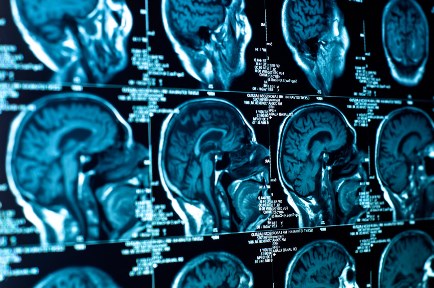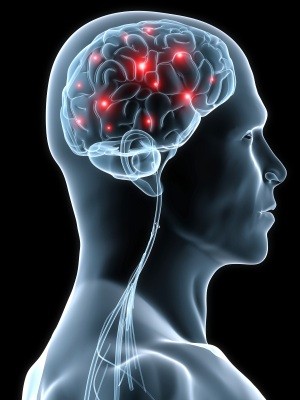Posts Tagged ‘brainpower’
To boost brainpower, ignore “smart drugs” and focus on experiences that harness neuroplasticity the right way
Traditional scientific ideas cast the human brain as a fixed and essentially limited system that only degrades with age. This view saw the brain as a rigid machine in many ways, pretty much set after childhood. By contrast, we have now come to appreciate that the human brain is actually a highly dynamic and constantly…
Read MoreDr. Chapman Q&A Transcript: Best Brain Health Fitness Tip? “Never let status quo be an option”
Here’s the lightly edited transcript of the January 4th online Q&A session with Dr. Sandra Chapman, Director of the Center for BrainHealth at UT-Dallas and author of the new book Make Your Brain Smarter (Free Press; January 2013). Enjoy! 1:59 AlvaroF: You can start writing questions so we have a few to choose from as we…
Read MoreWhy our brains weigh 1.3 kilograms, have ~100 billion neurons, consume 20% of the oxygen we breathe
Teamwork Builds Big Brains (Science Now): — “The average adult human’s brain weighs about 1.3 kilograms, has 100 billion or so neurons, and sucks up 20% of the oxygen we breathe. It’s much bigger than an animal our size needs. According to a new computer model, the brains of humans and related primates are so large…
Read MoreEducation for Mental Fitness: “A Sharper Mind, Middle Age and Beyond”
Kudos to Patricia Cohen for one of the best articles I have read in The New York Times in a long time: A Sharper Mind, Middle Age and Beyond, by Patricia Cohen. These are a few quotes — please do read the article in full, it is worth it. “Some people are much better than their peers at delaying age-related…
Read MoreLearning & the Brain: Resources for Educators
As promised in my previous post (10 Brain Training Tips To Teach and Learn), here are some of the resources that inform my understanding of the brain: books, conferences, and websites. BOOKS There are a multitude of books about the brain. For educators, the best of these are books that demystify the language of neuroscience…
Read More


